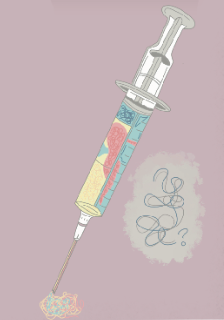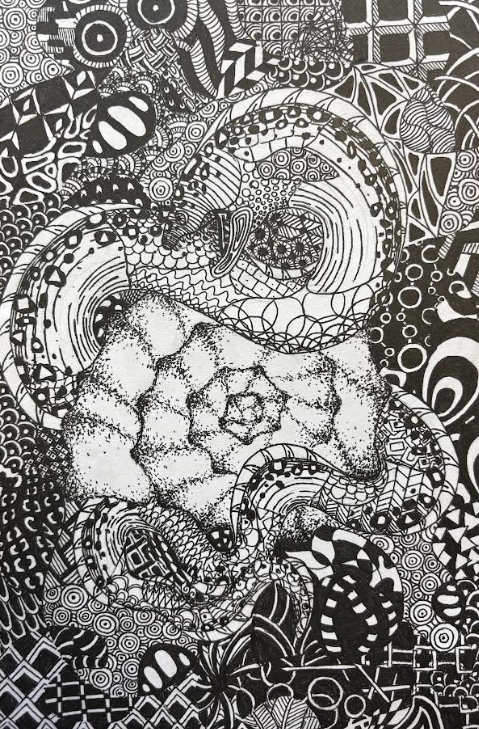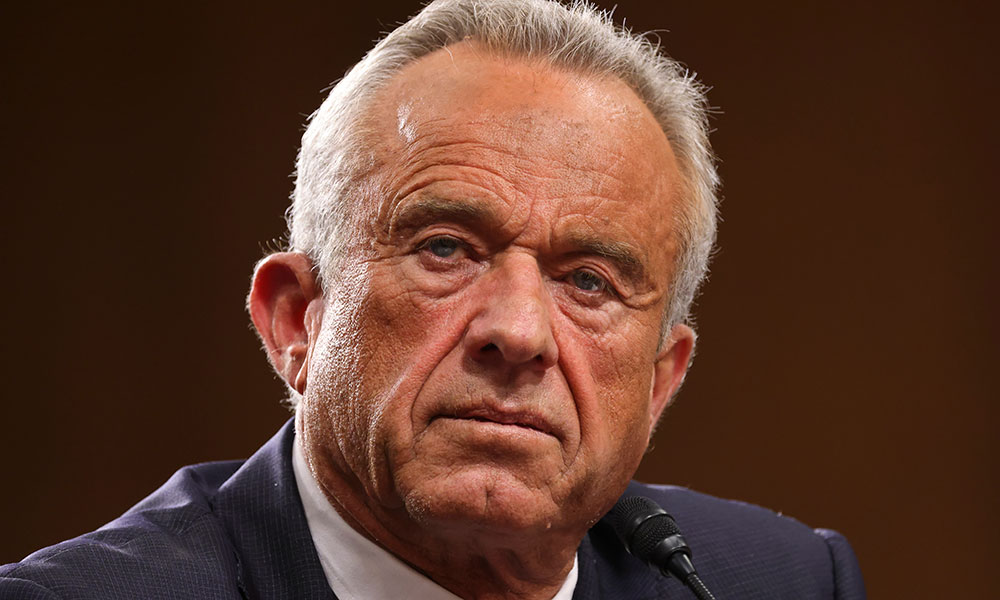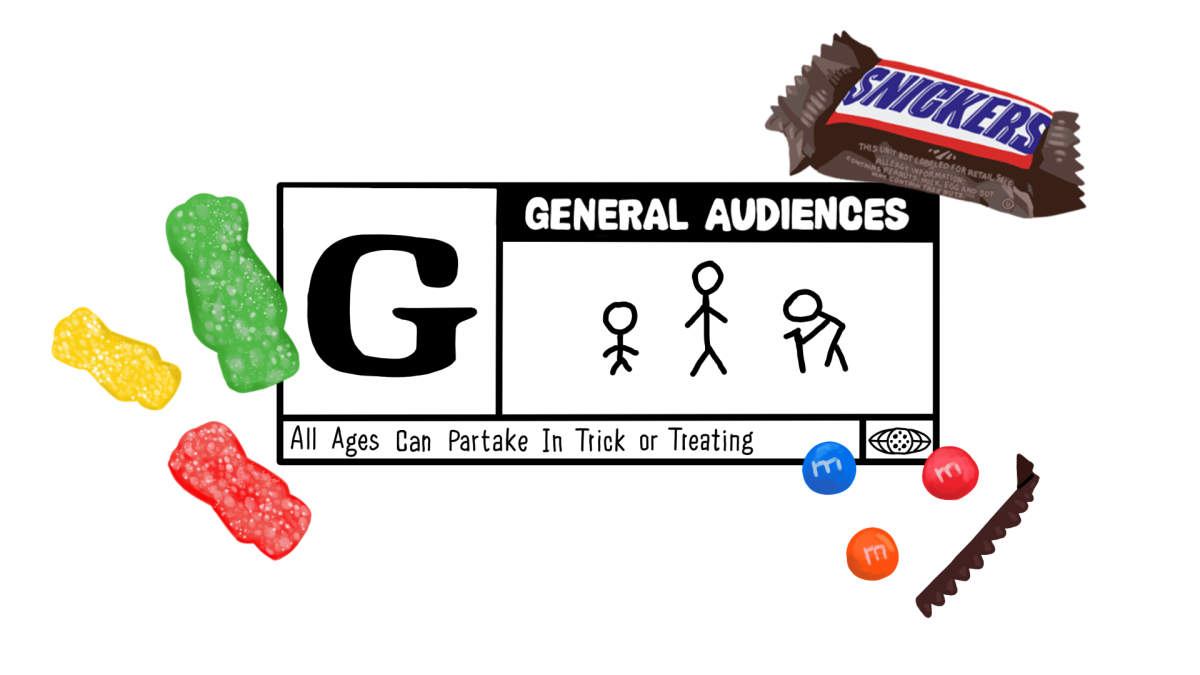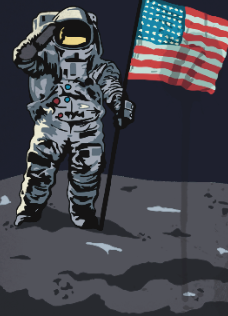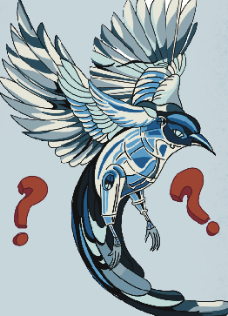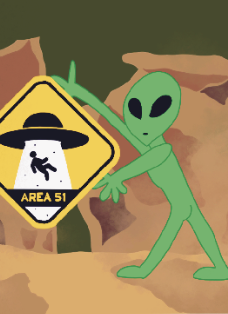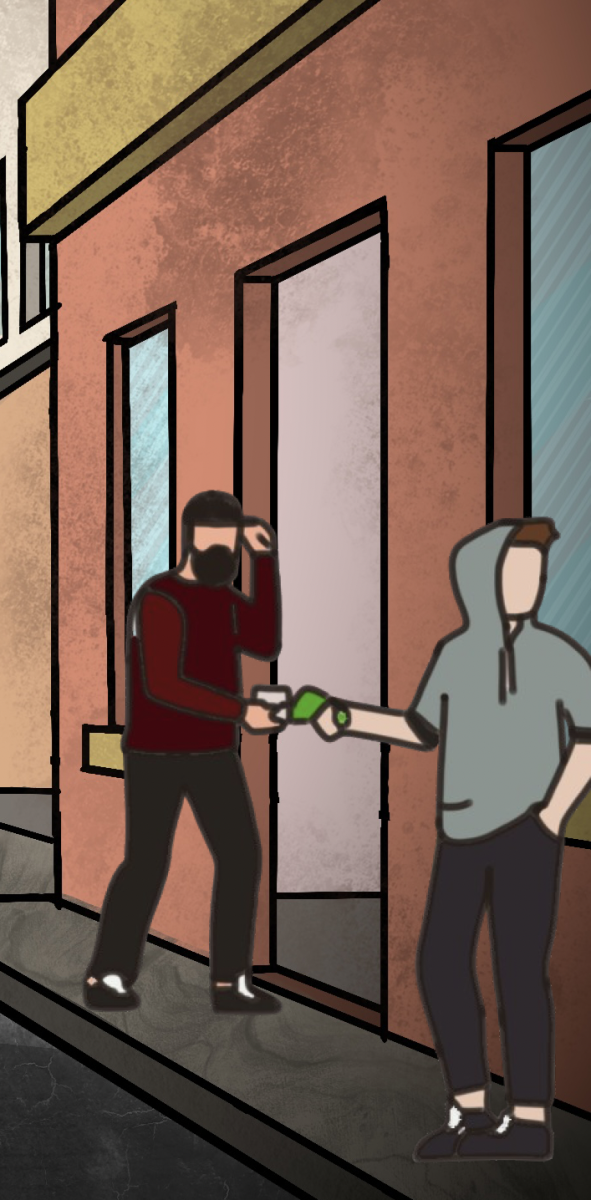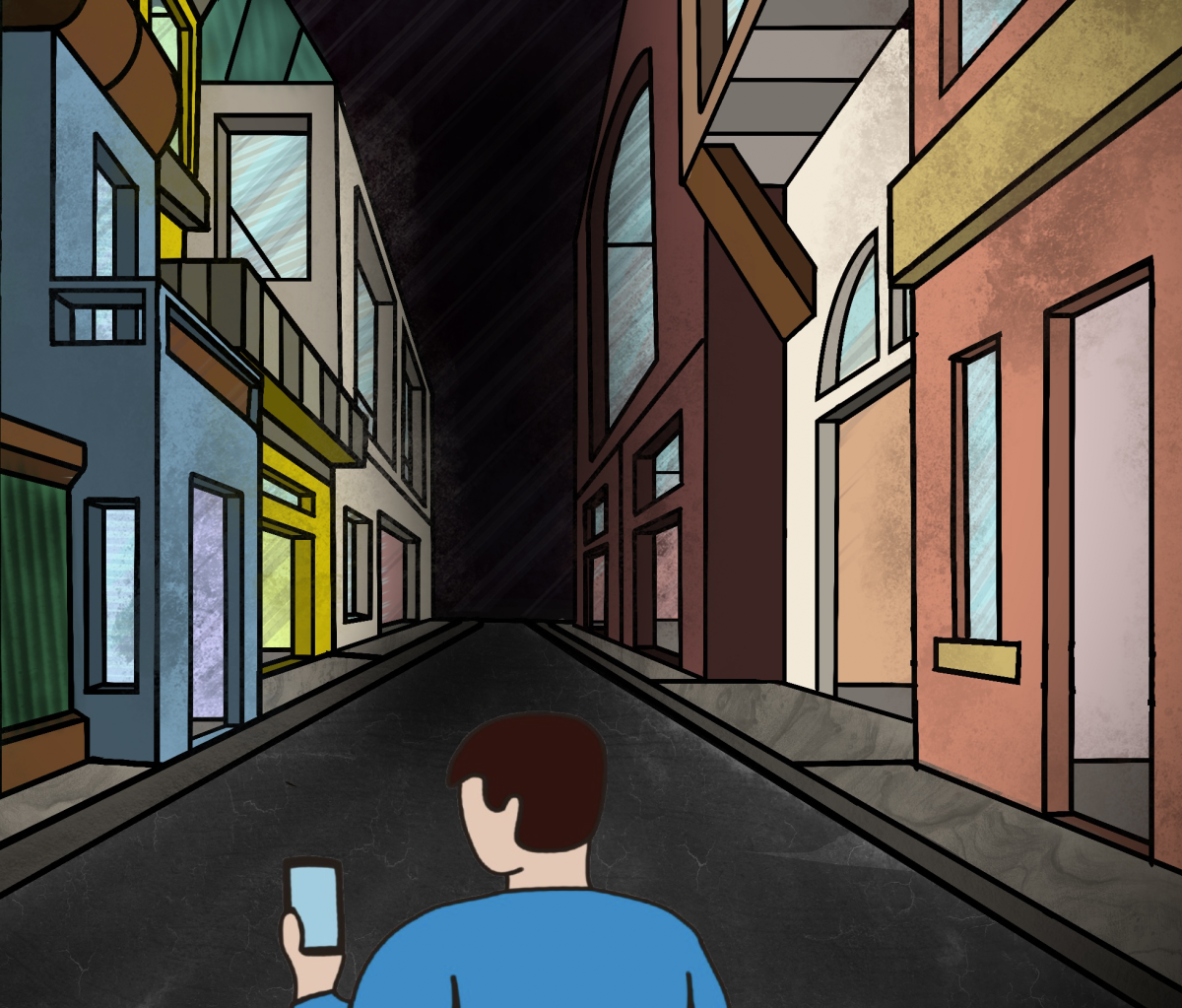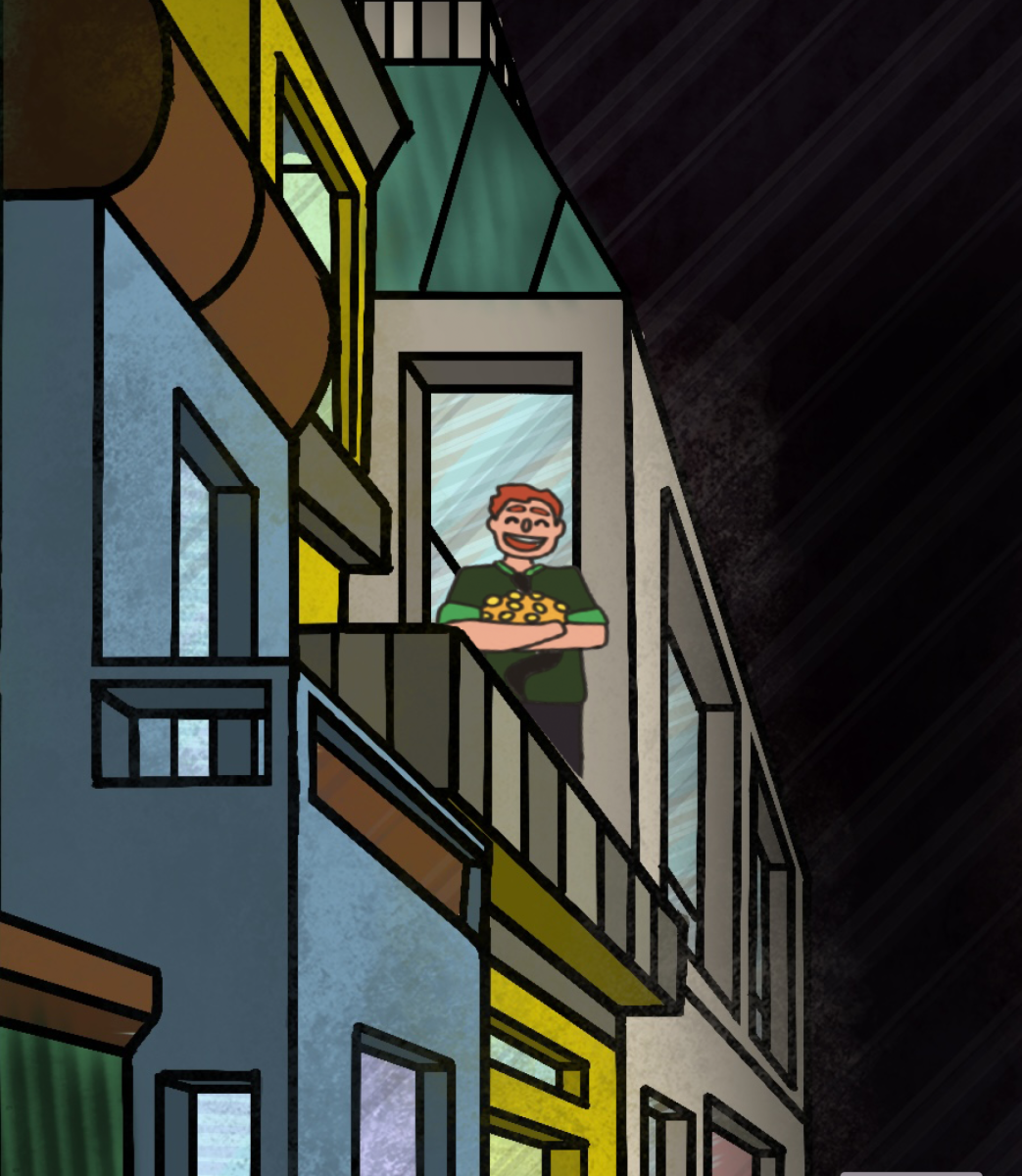Do vaccines cause autism? You have probably heard this conspiracy theory at least once or twice in your life, but is it true? The simple answer is no, but what exactly sparked this theory?
The true correlation between these two variables is actually quite a coincidence. When kids are young they are typically getting a lot of vaccinations, and around this time is also when autism starts to become apparent to parents. Autism is a chromosomal condition, and vaccines do not have any ability to alter the chromosomes of human cells, according to Johns Hopkins University,
“More and more people are starting to go into hospitals, just to do other medical stuff, including getting vaccines, and because of that, since there’s more people in the hospitals, there’s also more people being exposed to the doctors and doing tests for autism as well,” FHS sophomore Thanos Cocoles said, who researched this conspiracy theory for a recent speech in Speech and Debate club
This theory started in 1998, when a paper was published by a gastroenterologist doctor named Andrew Wakefield, according to John Hopkins University. In his paper, he followed 12 children who got the MMR vaccine, and three-quarters of them showed signs of autism after getting it, according to their parents. However, his paper was extremely inaccurate, considering that his data was hand-picked and inconsistent, which is problematic because he published the data that supported his claim, and omitted the data that did not.
“There was just a lot of misinformation on the internet and a lot of different information [going around] about the vaccines,” Cocoles said. “[People had varied beliefs and] there wasn’t one thing that everybody was believing, there [were] a ton of different things, and because of that, all of it was being distrusted.”
But if all of the evidence goes against this, why do people still believe in the theory? Many parents whose children have been vaccinated within the same time period that autism tends to reveal itself are confused and angry. Why their child? What caused their child to have autism? And because the timing of the two is very close, they blame the vaccines. By blaming the vaccines, it may give them a sense of finding a cause to attribute their child’s autism.
According to the Centers for Disease Control and Prevention, Although autism is something that children are born with, it often does not become symptomatic until their early childhood, while more severe cases usually show symptoms shortly after birth. “Regardless of the quality of the evidence with which they were presented, parents, as individuals or as members of anti-vaccine organizations, preferred to trust their group consensus and to adopt confirmatory evidence supporting their previous beliefs rather than to consider opposing evidence,” according to the National Library of Medicine.
But could this type of thinking be harmful? If people ignore the facts and avoid getting vaccines out of fear, it can leave themselves and society in danger. By pinpointing blame on the most convenient theory, often with false statements or no clear evidence, the true reason behind one’s autism may be harder to accept by parents.
“Something happened, in COVID,” Cocoles said. “That’s a big part of why it was such a big outbreak, is because a lot of people weren’t trusting the vaccine.”
Overall, we can see that the conspiracy theory of vaccines causing autism, although just a theory, has had worldwide effects, and is believed by many. So, where do we go about this now? What can we do as individuals to prevent this theory from having dangerous effects?


